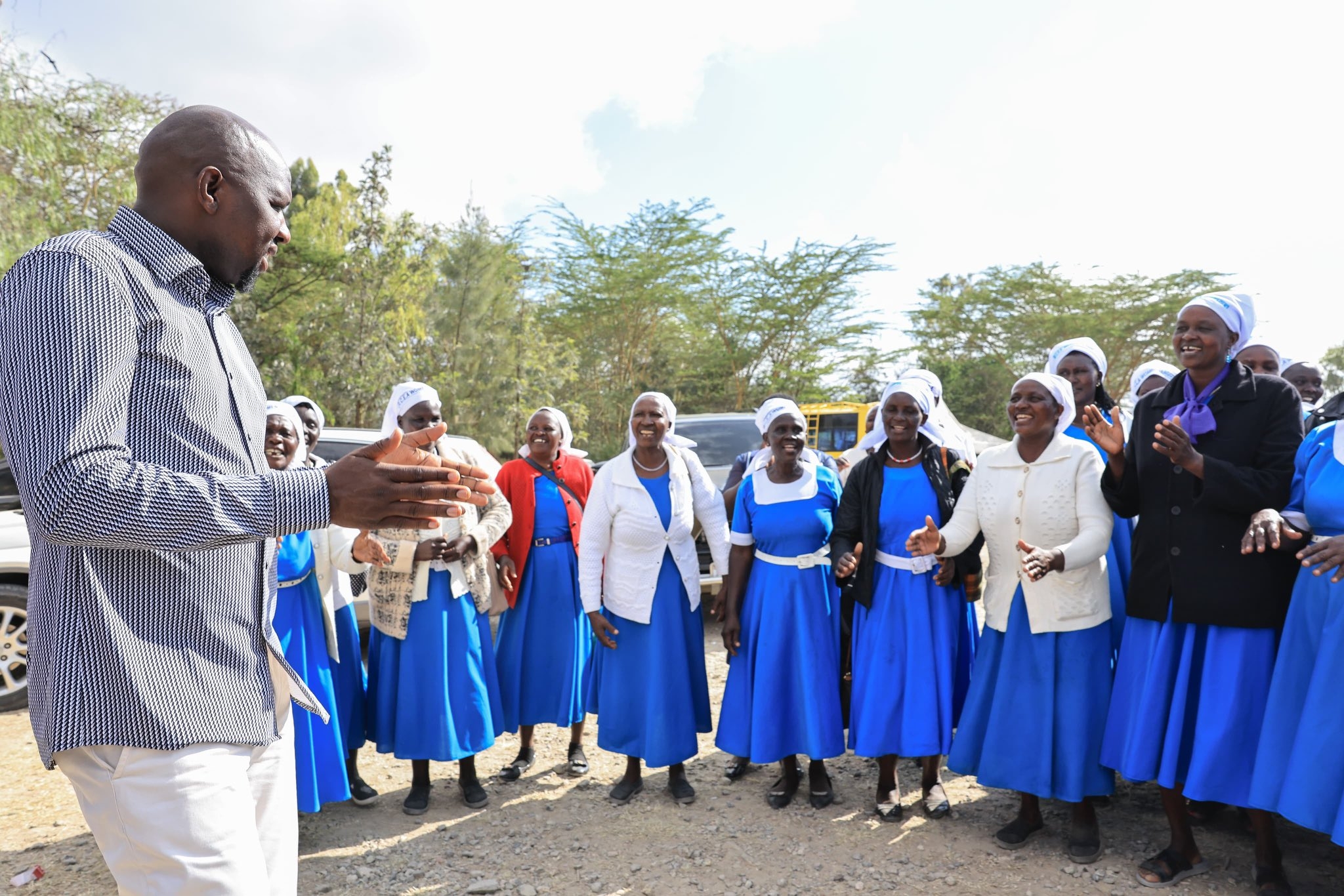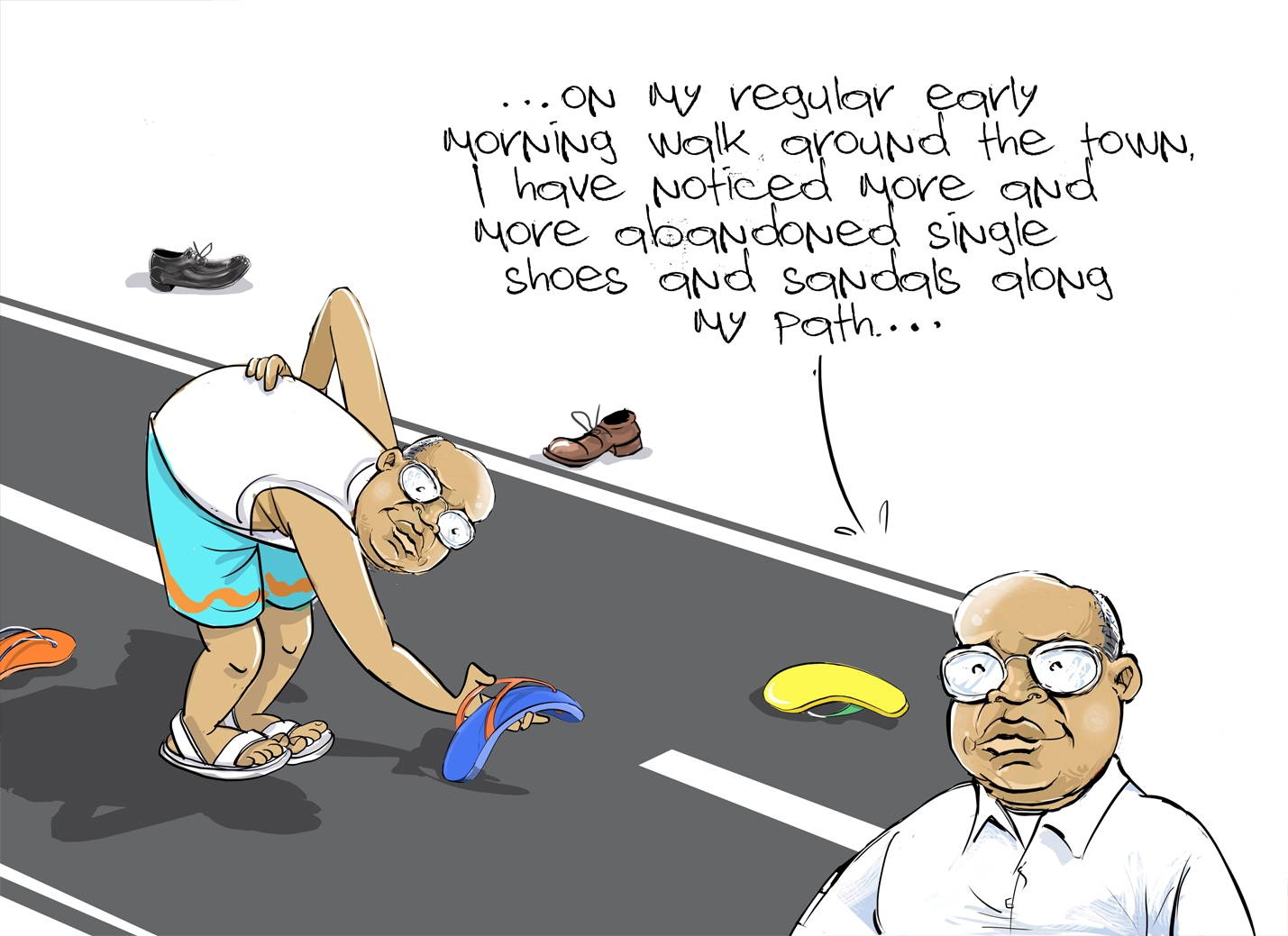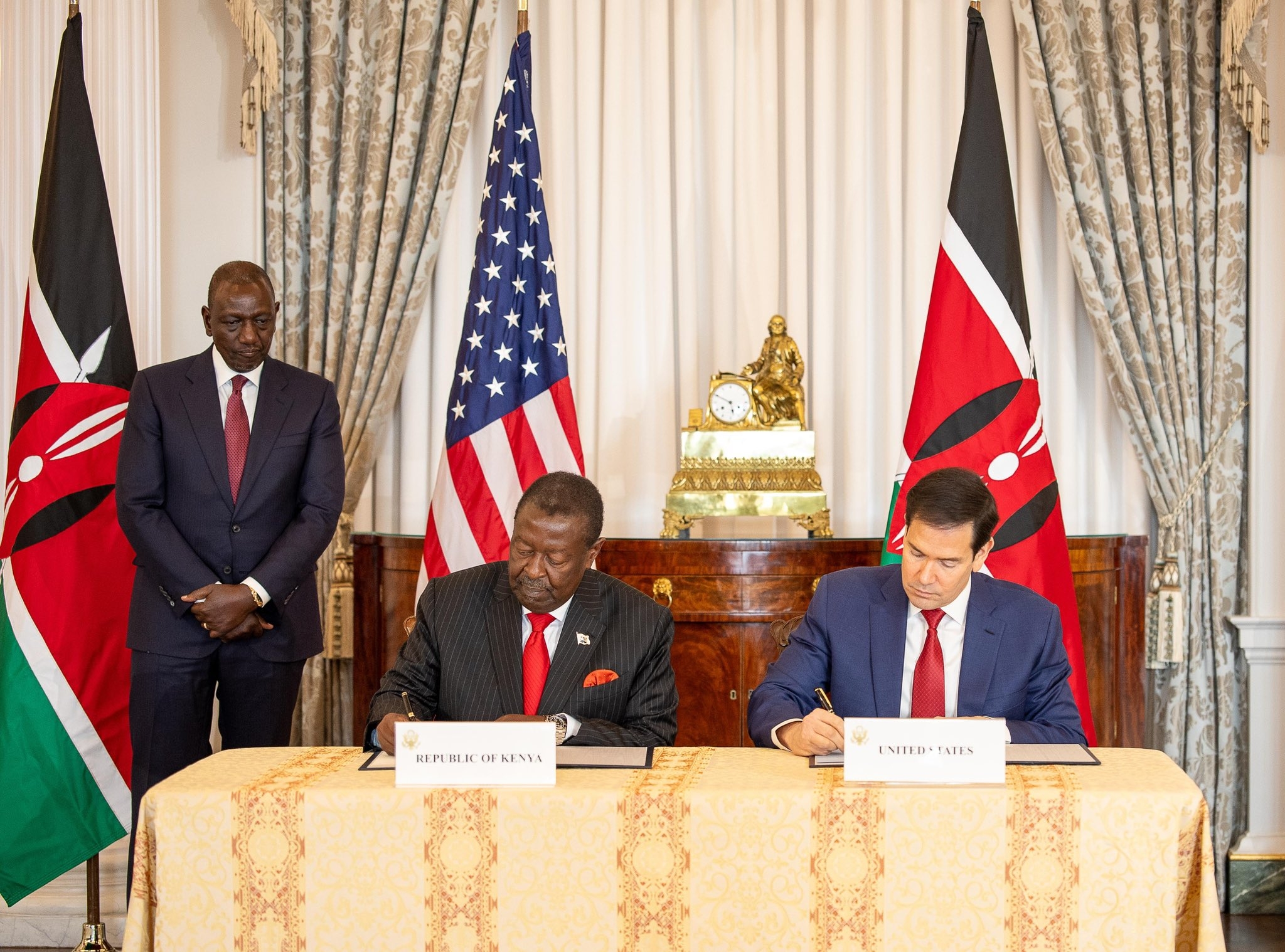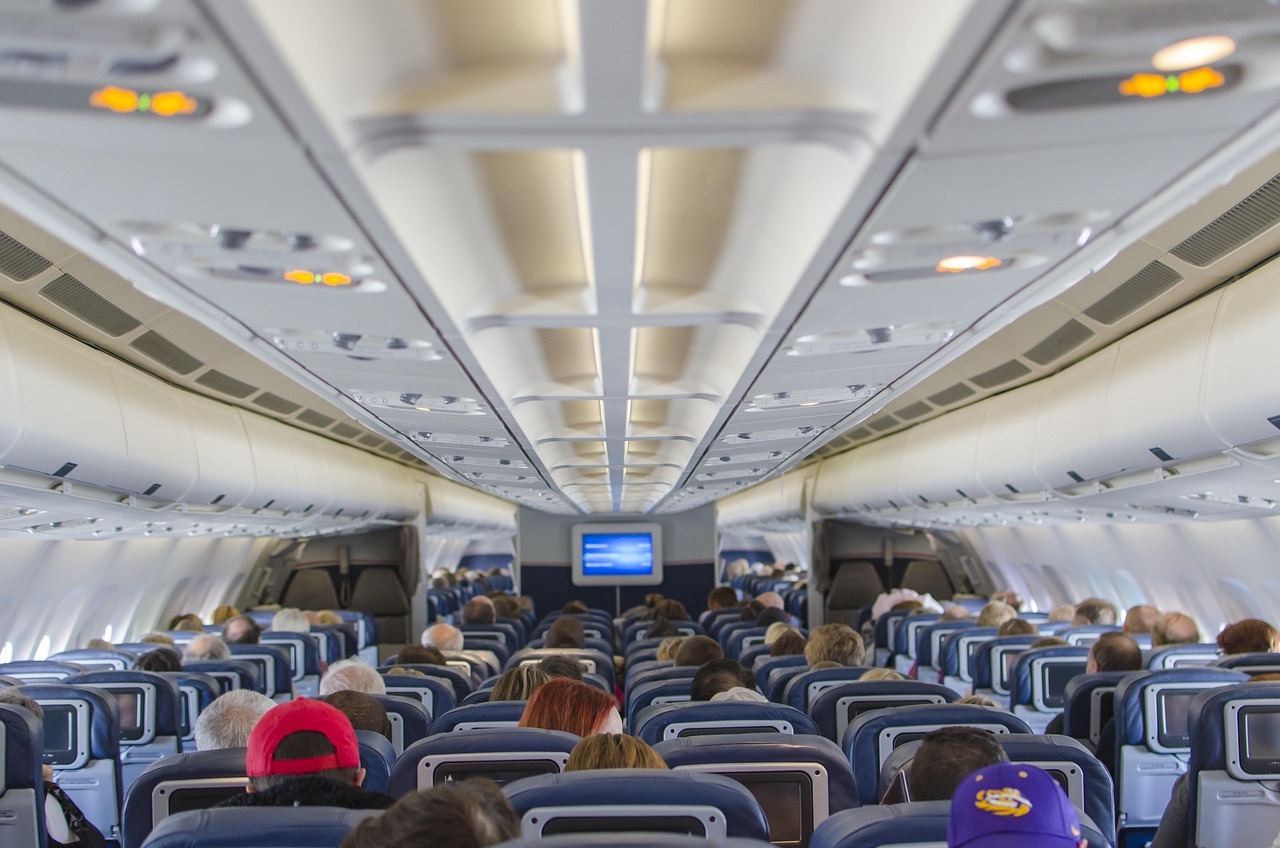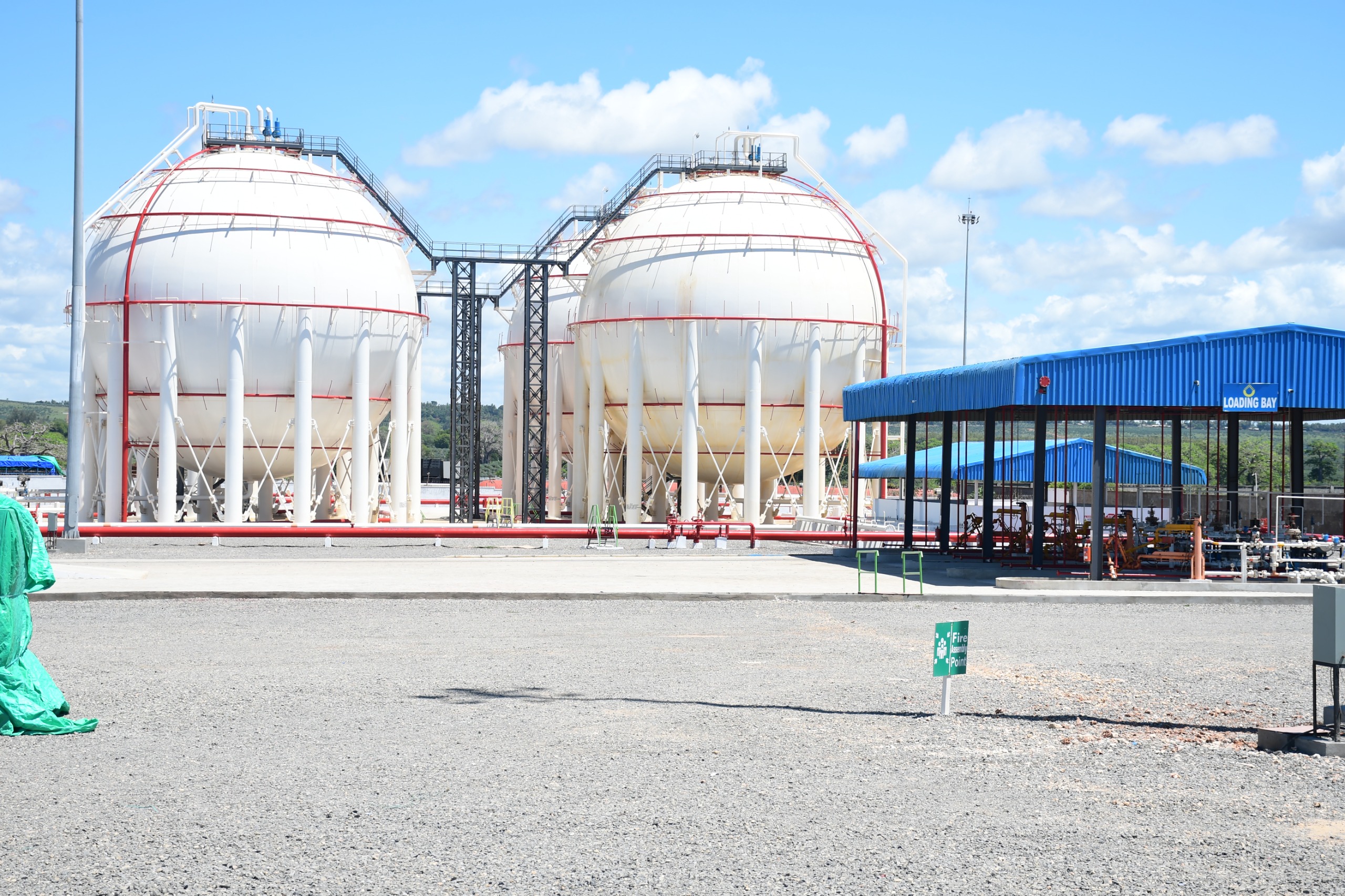
Even so, it will not release the product until a final okay from the Kenya Bureau of Standards (Kebs), management said, affirming the company's commitment to upholding both international and local regulatory standards, and to provide consumers with a safe, high-quality energy products.
The move comes after Kebs last week asked the company to correct the levels of ethyl mercaptan (stench) dosser on a 12,000-metric-tonne LPG consignment imported into the country, after tests showed it was low.
LPG or cooking gas is odorless in its original state and is mixed with an odourant, mostly the chemical ethyl mercaptan, to give it the foul smell akin to rotten eggs to make it easily detectable in case of a leak.
Following the resampling exercise at the firm’s premises on June 12, it was confirmed that the ethyl mercaptan was faulty.
According to Kebs, the tests confirmed that the ethyl mercaptan level was below the required limits specified in KS 91:2022 KENYA STANDARD Liquified Petroleum Gas (LPG)- Specific.
“Ethyl mercaptan plays a vital role in leak detection and any deficiency in dosage poses significant risk to public health and safety. Immediate corrective action is essential to restore proper functionality and ensure compliance with safety standards,” Kebs manager in charge of coast region, Hilda Keror, said.
Kebs said Lake Gas’ consignment would only be allowed for release into the market after confirmations, through independent testing by the bureau, that the adourant levels is within the limits specified by the KS 91:2022.
Lake Gas general manager Morris Mutiso said the consignment in question has has not been released to the market, but the company has made the necessary corrections.
“It will not be released until Kebs carries out the aforesaid standard procedures before we embark on the journey to transforming the LPG industry by ensuring quality and affordable product to the consumers,” Mutiso said.
Lake Gas is a subsidiary of Lake Group, a Tanzanian conglomerate with interests in various sectors including oil and gas, logistics and manufacturing. It primarily focuses on the retail and bulk supply of LPG in Tanzania and other East and Central African countries.
Mutiso clarified that Kebs had not questioned the quality or safety of the gas itself, but only the correction of the levels of ethyl mercaptan (stench).
“The bureau has only instructed the addition of ethyl mercaptan, an odorant added to LPG to provide a distinctive smell, not the quality of the LPG. Safety, compliance and transparency remain at the core of our operations in Kenya and all other markets we serve,” he said.
Mutiso said the letter from Kebs dated June 11, 2025, is a standard operating procedure in the industry and tests are carried on all imports across the industry to ensure they met the required quality and safety standards, before release of any consignment to the market.
“Lake Gas sources its LPG exclusively from reputable global suppliers and partners who strictly adhere to international standards. The infusion of odorant is a standard safety measure intended to allow for the quick detection of gas leaks. It is a routine compliance requirement and does not in any way relate to or affect the quality of the gas,” he said.
The Lake Gas facility is privately developed and serves as a model of public-private collaboration that the government is keen to replicate across the country.
The Ministry of Energy is pushing for LPG common user facility to reduce the cost of gas.
According to Petroleum PS Mohammed Liban, establishing common user facilities will increase accessibility for Kenyans and the wider East African region.
The government is working closely with key stakeholders among them African Gas and Oil Company (AGOL), Lake Gas, and the Kenya Pipeline Refineries Limited (KPRL), to streamline LPG infrastructure through shared facilities that will benefit both the public and private sector players.
“Once we have common user facilities in place, we will be able to significantly reduce the price of gas, making it more accessible and affordable for Kenyans. This is part of our larger vision for a regional procurement and distribution strategy that will ultimately reach every household,” Liban said.
The push for common user facilities, regional LPG depots, and increased private investment is part of the government’s broader LPG Growth Strategy.






